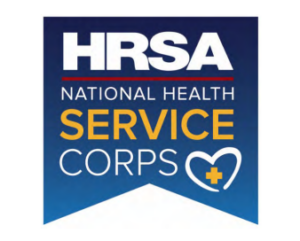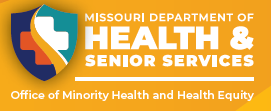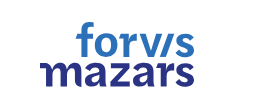August 21, 2025

Free Training Opportunity: Alpha-gal Training Module from CDC (Free CE)
To help increase awareness of alpha-gal syndrome (AGS) and more rapidly diagnose patients in the United States, the Centers for Disease Control (CDC) released a new free online training module for healthcare providers (HCPs), epidemiologists, and public health officials.
The training includes opportunities for FREE continuing education in seven professional categories – CME, CNE, CEU, AAPA, CECH, AABSB/RACE, CPE, and CPH-providing educational credit for:
- Physicians,
- Nurses,
- Pharmacists,
- Physician Assistants,
- Veterinarians,
- Nurses,
- Epidemiologists,
- Public Health Professionals,
- Educators, and
- Health Communicators
Key Learning Objectives Include:
- Describing the epidemiology identifying clinical characteristics,
- Describing appropriate diagnostic testing,
- Promoting appropriate management, and
- Explaining tick bite prevention and its importance in preventing and managing the disease.
AGS is a serious, potentially life-threatening tickborne disease. People with AGS can have an allergic reaction to red meat and other products containing alpha-gal, like dairy and some medications. People can develop AGS after being bitten by some types of ticks, primarily the lone star tick in the United States.
CDC reported that between 2010 and 2022, there were more than 110,000 suspected cases of AGS identified. However, because the diagnosis of AGS requires a positive diagnostic test, and a clinical exam, and some people may not get tested, CDC estimates that as many as 450,000 people might be impacted by AGS in the US.
While suspected AGS cases are increasing each year, a 2022 U.S. Survey found that nearly half (42%) of healthcare providers had never heard of AGS and, among those who had, less than one third (29%) knew how to diagnose the condition. Limited awareness and knowledge of AGS among healthcare providers likely contributes to underdiagnosis of this condition. This can lead to incorrect patient management and underestimating of the number of AGS patient in the United States.
Click Here to Learn More About Alpha-gal Syndrome
Click Here to Read CDC Report
Click Here to Access Free Online Module










